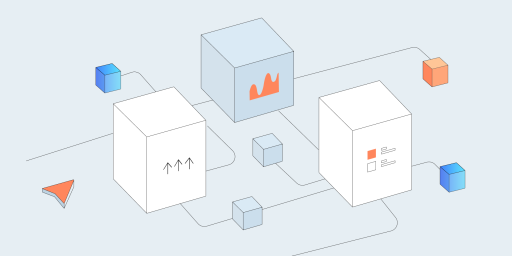Software applications keep flooding our lives. Quality assurance plays a significant role when it comes to their success in the market. The greater is their purity from bugs, the higher is the chance that users will receive a positive experience from their usage. Therefore, some parts of software have a higher priority than others, because their business value is leading.
Therefore, how should a tester understand which feature is more meaningful? Who determines which function of an application is more significant than others? To answer, we turn to the article and will consider the role of business logic in QA testing processes.
Business Logic in QA Testing: Why is it Important
When we are talking about “business logic”, we probably assume that it is consistent with the business goals of an application. And this is definitely true. An online store development life cycle is an excellent example. Here, all the processes associated with online shopping should be obvious and reasonable to push visitors to the ultimate goal of each online shop — to make a purchase. And the more the better.
So, how can we measure the effectiveness of an online store? Well, quick and correct pricing calculation increases user confidence (unlike stores where the user can not understand what he pays for). The philosophy of discounted prices must be carefully examined by QAs to protect users from unforeseen errors or illogical calculations. Users hate to be cheated and pay fabulous attention to mistakes of such kinds.
So, we can see that “business logic” is something between the ultimate business goals of each application and the general rule of what exactly a software product should do. Now, let’s look at business logic from the viewpoint of software testing process.
Business Logic and Testing Documentation
The most rewarding way to begin the quality assurance process is to start by testing project documentation (it includes the project specifications and requirements). These artifacts define the business logic of an application and what exactly it must do at the release stage. This step is crucial because it allows testers to correct all inaccuracies at the very beginning of QA testing processes when logical misunderstandings exist only on paper. Finally, this will save developers’ time, making the development process more efficient and fast.
Business Logic and Automated Testing
Some parts of software testing are either too complicated or too costly to operate manually. Automated testing allows QAs to arrange their work using tools (TestComplete, Ranorex, Selenium, Watir, etc) to automate tests and make the process faster. Business logic flaws, in this case, stand out as a canvas for automation testing. The core that stays stable after technical changes of an app. That is why it is a perfect guideline for a testing team if, for example, the automated regression testing is required.
Business Logic. When to Start
Identifying the logical faults of software begins with the understanding of its business goals. For whom and for what purposes the application is created, and what benefits will it bring to users after release. Thus, a tester must considerate basic business principles of a software product in order to test it carefully from both technical and business sides.
To solve problems related to a lack of logic, our QAs recommend performing sanity tests by checking business processes and design requirements at the beginning of the development life cycle. After that, the implementation of relevant controls at each stage of each workflow will ensure that it is not possible to abuse or upset the business logic of software.
Therefore, business logic is the perfect means that helps QAs in achieving the main purpose of every testing strategy: make sure that an app does what it is designed and supposed to do. A step counter might have the cutest interface, but it is not useful if it doesn’t display a user walking activity or makes it not right. Integrating business logic deeply into the testing process allows testing teams to prevent such unpleasant issues.
At TestFort, we develop and implement QA strategies precisely when the testing team working with a project understands its end goals and business value. We pay special attention to each client with whom we cooperate, and we believe that reliable quality assurance services can help them to achieve success.



